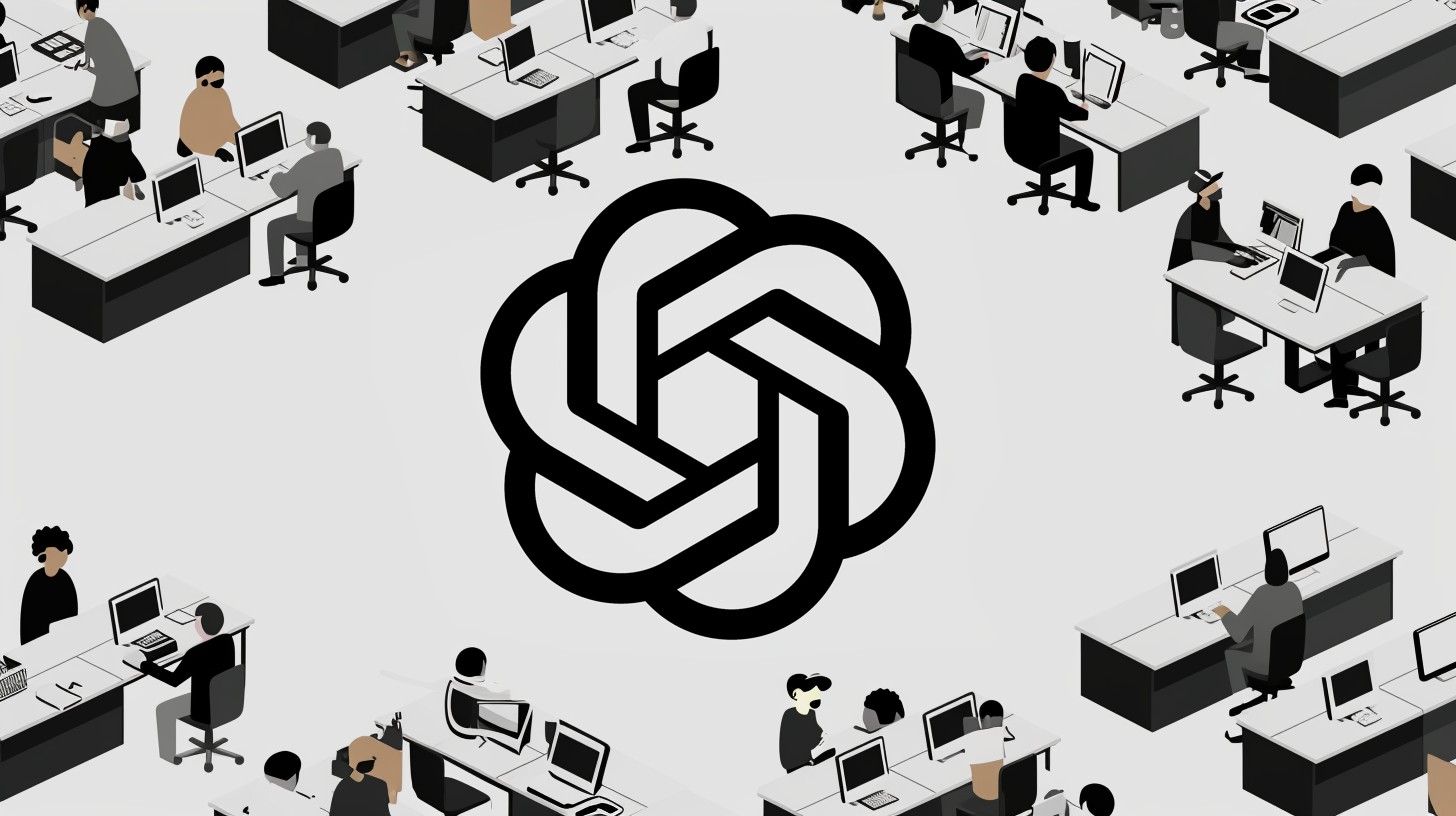
In a revealing new study, OpenAI researchers have discovered that even the most advanced artificial intelligence models fall short when it comes to solving real-world coding challenges. This finding contradicts earlier predictions by OpenAI CEO Sam Altman about AI's ability to outperform entry-level software engineers.
The research team evaluated three leading AI models - OpenAI's o1 reasoning model, GPT-4o, and Anthropic's Claude 3.5 Sonnet - using a new benchmark called SWE-Lancer. This testing framework included over 1,400 actual software engineering tasks from the freelancing platform Upwork.
The results showed that while AI models could work faster than humans and handle basic bug fixes, they struggled with more complex programming challenges. The AI systems failed to identify root causes of bugs in larger projects and often provided incomplete or incorrect solutions.
Among the tested models, Claude 3.5 Sonnet demonstrated better performance compared to OpenAI's offerings. However, even the best-performing AI model could not successfully complete the majority of assigned tasks. The researchers emphasized that current AI systems lack the reliability needed for real-world programming applications.
The study specifically tested two types of programming tasks: individual bug fixes and higher-level management decisions. To maintain fairness, the AI models were not allowed internet access during testing, preventing them from copying existing solutions online.
While these AI models could tackle surface-level issues quickly, they consistently showed limitations in understanding broader programming contexts and delivering comprehensive solutions. This gap between AI capabilities and human expertise suggests that current technology is not yet ready to replace human software engineers, despite rapid advancements in the field.
This research provides valuable insights into the current state of AI in programming, highlighting both the technology's potential and its present limitations in real-world applications.